Tomas Jonsson
School of Bioscience

Our research in the Ecological Modelling group focuses on human impact on nature, how we preserve biological diversity and how we can sustainably use Earth’s biological resources. Computer simulations and statistics in combination with molecular methods and field studies are important tools. Current research includes, for example, assessing conditions for biological diversity in landscapes, developing techniques for using freshwater mussels in environmental monitoring and testing molecular methods like environmental DNA to monitor threatened and invasive species.
Ecology is about all the factors that can influence organisms’ distribution and abundance. Based on this, ecological research studies ecosystems at multiple levels, from the relationship of individuals to their environment, via interactions between species to the functioning of entire ecosystems.
Among the important knowledge produced is how changes in the environment affect ecological systems and the ecosystem services they contribute, as well as how to best manage our biological resources for future generations. Ecological research often relies on field studies, but mathematics and statistics are important tools that are frequently used in ecological research.
Sometimes ethical or practical considerations, such as high cost, can make it difficult or even impossible to carry out ecological studies in the real world.
In these situations, mathematical models can offer a solution. Ecological models are built on existing theories and knowledge using real ecological data. If the model correctly describes the system, one can analyse the most important components and processes of an ecosystem and so learn more about how the system works in general.
More importantly, a model can be used to simulate various scenarios and predict what is likely to happen in any given scenario. In that way, ecological modelling can be used to study the effect of ways of managing nature: for example, what might happen if a biological resource is used in a certain way. In other situations, large amounts of data collected from field or laboratory studies (e.g. environmental DNA) may need statistics and powerful computer algorithms to be analyzed.
In the Ecological modelling group at the University of Skövde we combine mathematical models, computer simulations and statistics with field studies and molecular methods to study various environmental problems (e.g. threats to biodiversity due to a range of human activities). More specifically, we focus on human impact on nature, how we can preserve biological diversity and how Earth’s biological resources could be used more sustainably.
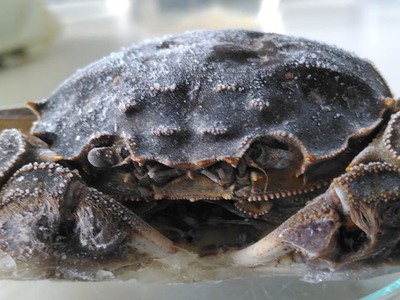
CLANCY – Improve habitat quality of freshwater ecosystems
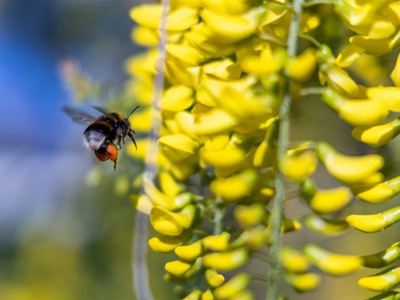
Recreate and strengthen biodiversity in landscapes with power lines
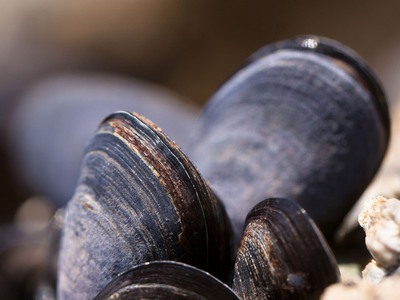
WaterAssess: Multi-biomarker panel for environmental impact assessment of wastewater effluents
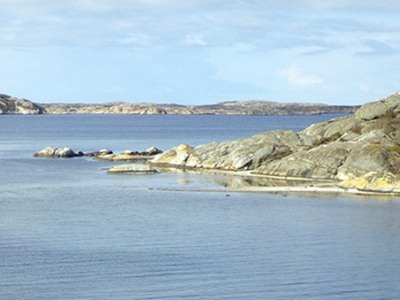
End biodiversity loss through improved tracking of threatened invertebrates

Landscape biodiversity capacity: a tool for measuring, monitoring and managing
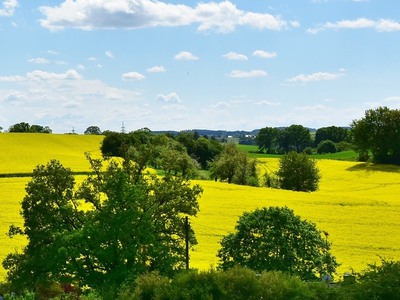
Advancing the Metabolic theory of Ecology
Our research interests also include topics like sustainable fishing in the Baltic Sea, endangered fish stocks in Sweden's great lakes, the risk of infection spread in domestic livestock and the sensitivity of food webs to disturbance.
Human beings and society depend on healthy, sustainable ecosystems via the ecosystem services they provide. However, we overuse biological resources and as a consequence negatively affect these ecosystem services in uncountable ways.
Research at the University of Skövde contributes to increased knowledge about ecosystems, including their sustainable management, while providing decision support for the conservation of biological diversity.

Publications Ecological Modelling